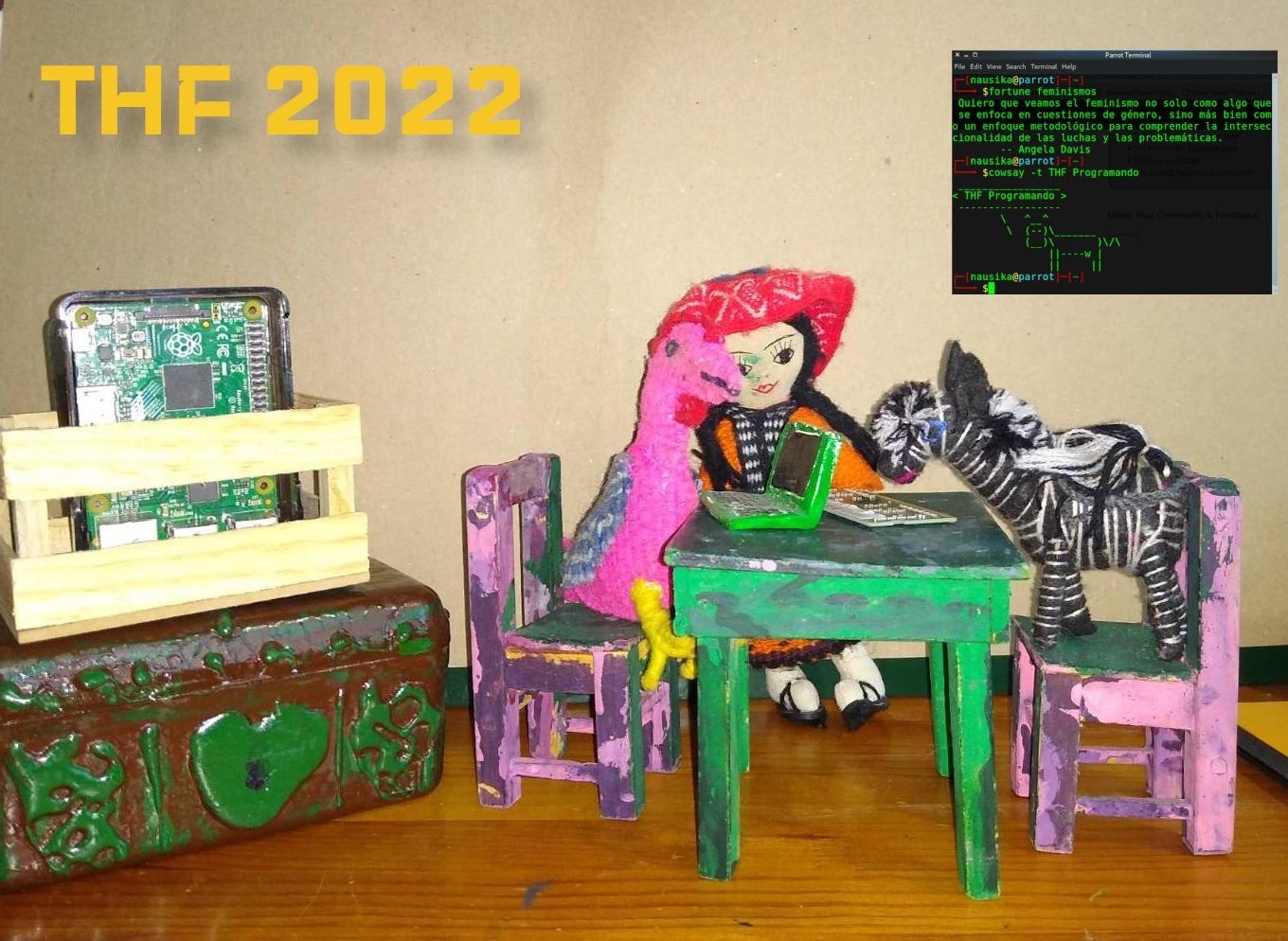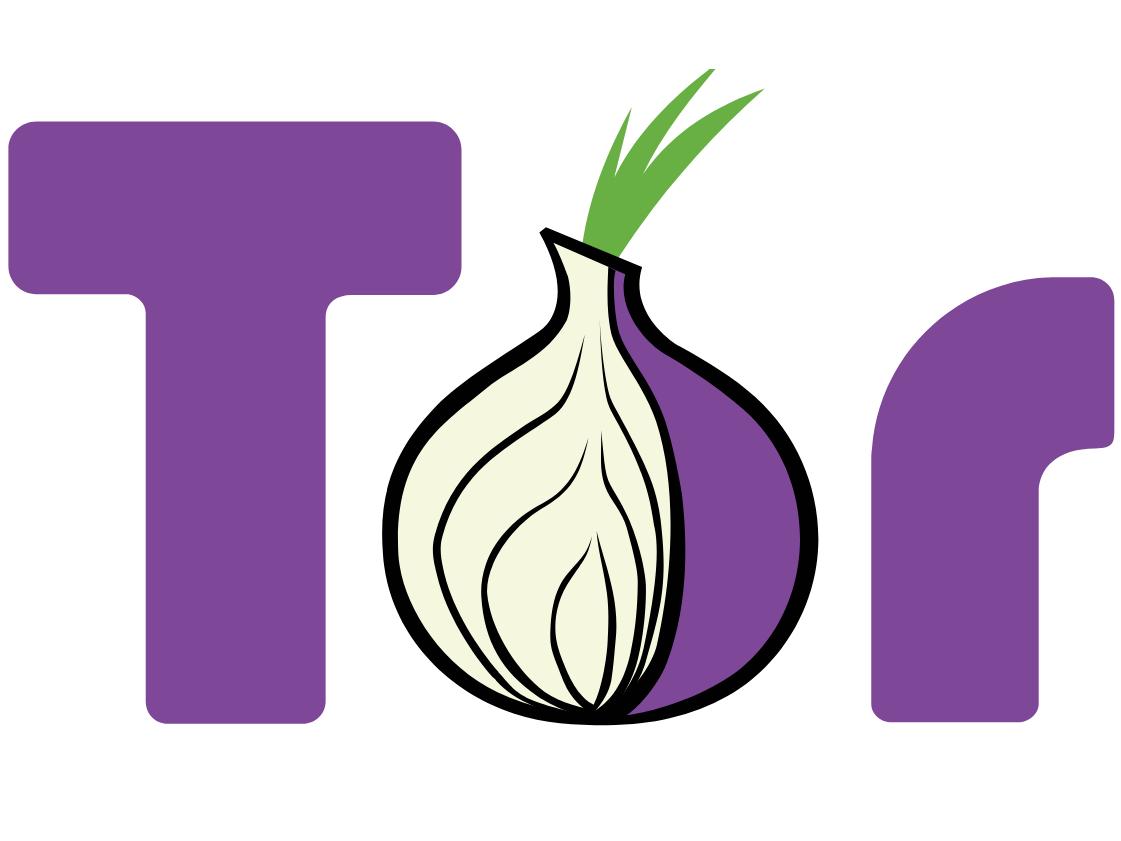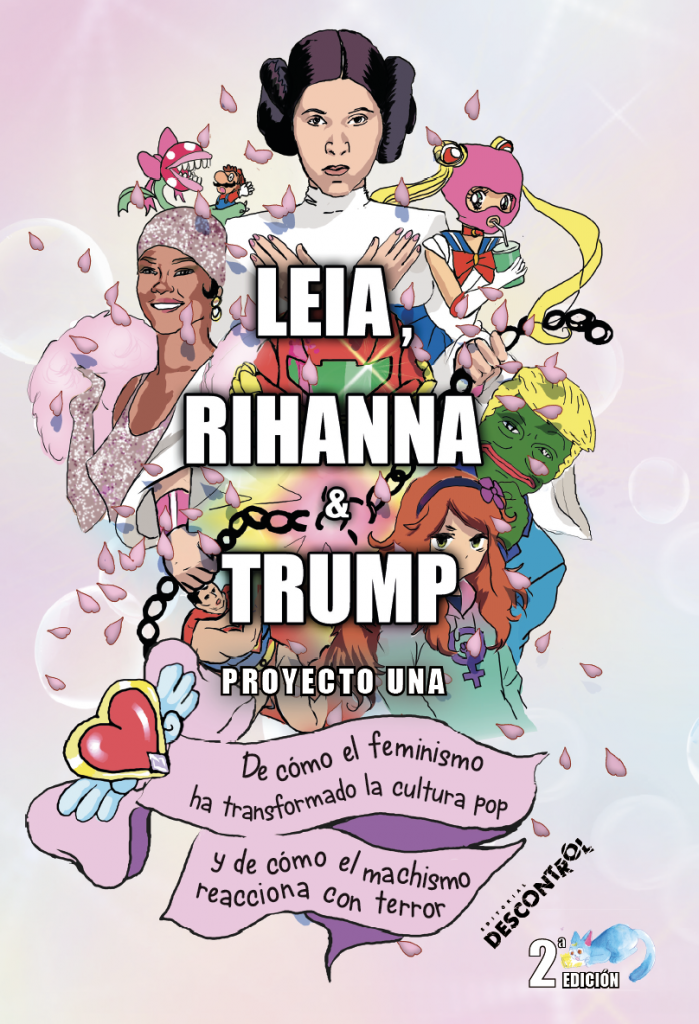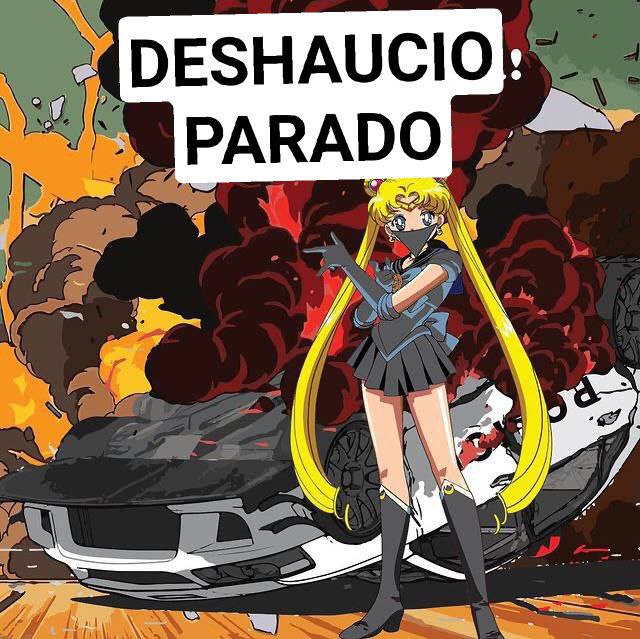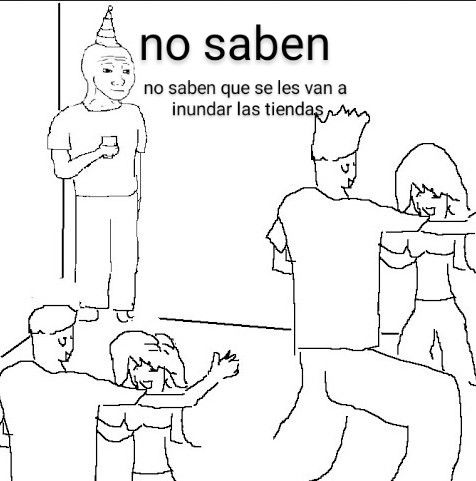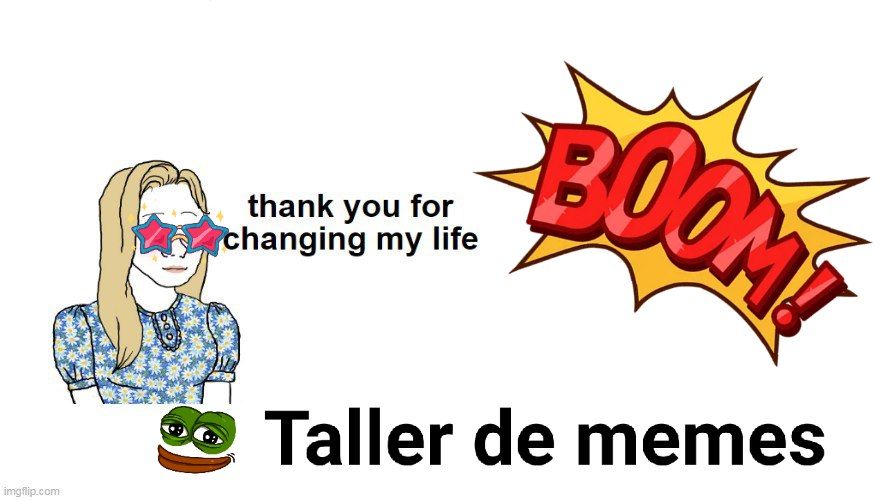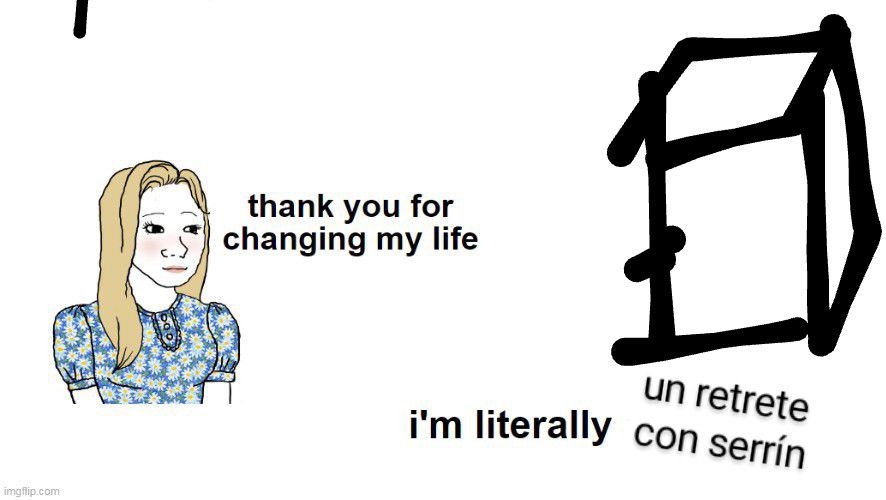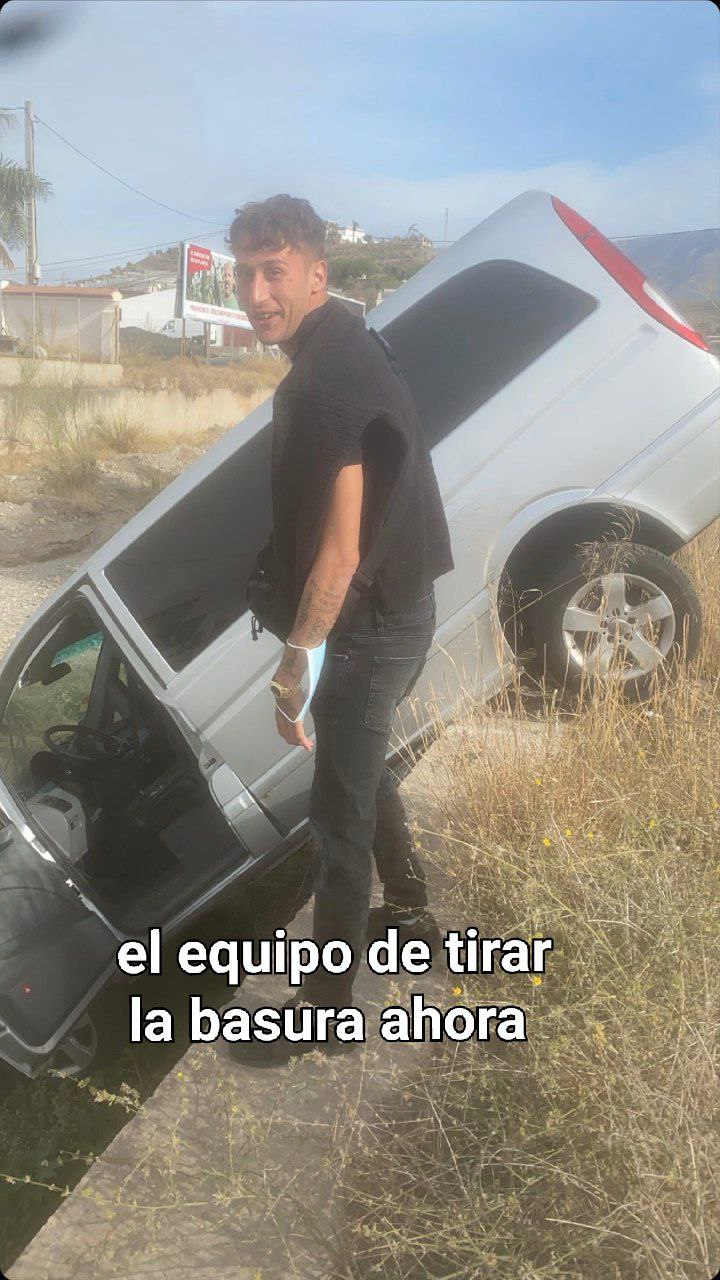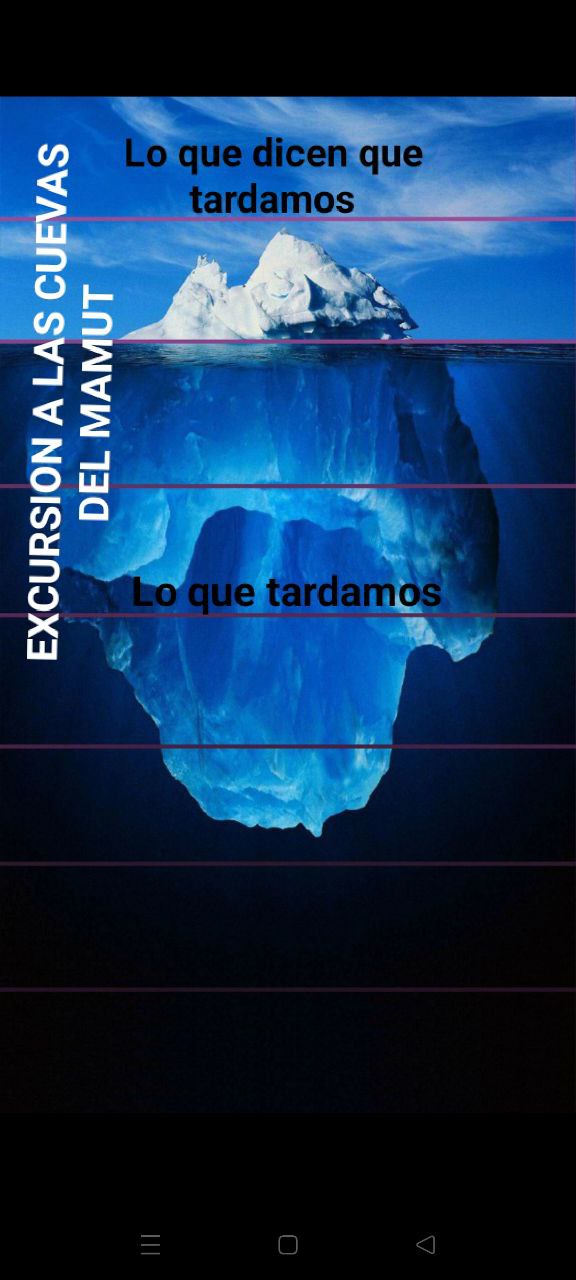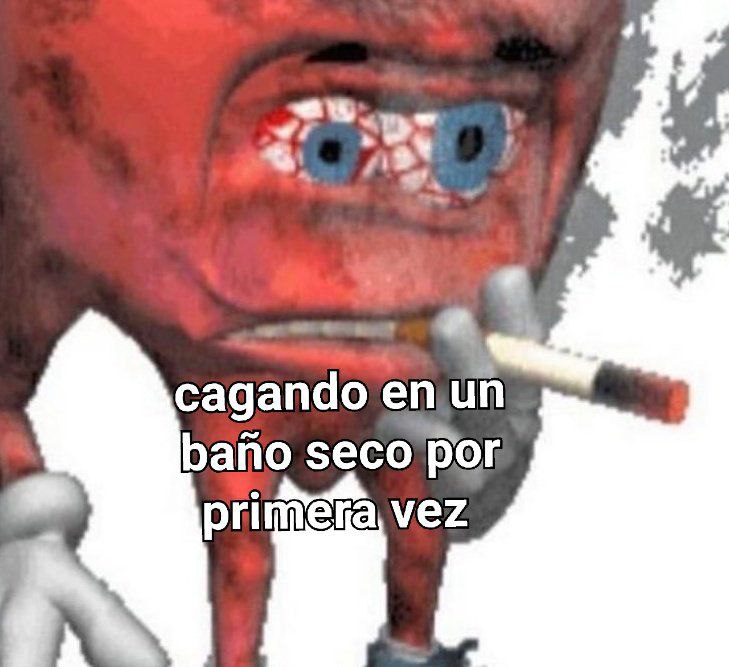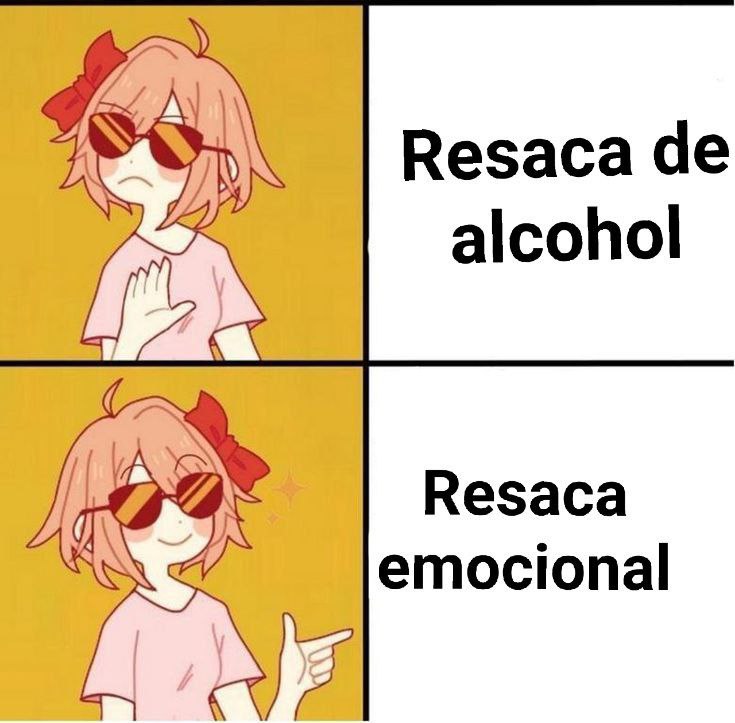Reti di reti, come rimanere in contatto e come trovare i punti comuni delle lotte per fare in modo di iattivare le possibilità moltiplicatorie delle reti. Reti sorelle di argomenti diversi che abbracciano la politica intersezionale. Raccolta di racconti di coesistenza ed appoggio tra strutture umane e materiali che si allargano geograficamente e tematicamente. Lavoro sul consenso e le attività che attuano una trasversalità multidisciplinare. Costruzione di un dialogo e disegno collettivo che sia riproducibile, ingrandibile ed includente. Ricerca radiante di solidarietà.
Language: it-pt-es-en
Notas en castellano:
La charla se centró en pesar en torno a redes humanas y de computación porque hay conceptos que coinciden. Se presentó como una charla experimental.
Todo es efímero, compartiremos ideas efímeras.
1. Redes humanas:
En la imaginación o al dibujarlas, cuando se piensa de redes locales y globales se trazan de la misma forma. El primer dibujo puede ser una red local. En una red global habrá un cojunto de nodos de la red local y otros fuera de ella. Hay personas que serían los “hubs”, puntos de comunicación entre estas redes.
Otras veces cuando se piensa en redes tiene adopta una forma en 3D. Por ejemplo: en THF cada persona trae diversos temas: tecnología pero también ecología, cuidados, arte. Es multidimensional, no una red 2D. Esta intersección puede darse en la dimiension geográfica, feminista, ecología, de salud.
¿Cómo gestionamos estos conceptos? A veces dividimos en temas y a veces encontramos temas transversales. Uno de estos temas transversales es consenso, que es diferente a estar todas de acuerdo o la unanimidad.
2. Redes de máquinas:
Los conceptos sobre las máquinas (las tecnologías) son creados por personas. En Internet, los diseño, como los de los protocolos son creados por cis-hombres blancos.
Sin entrar mucho en lo técnico, me fascina el nivel ISO/OSI,su niveles de abstracción. En cambio, el nivel físico es el más limitado. ¿Cómo lo arreglan? Lo arreglaran en binario, es lo único que existe en binario.
El nivel físico (el hardware) refiere a cables, red óptica, ondas electromagnéticas. Eso es lo binario. Encima de esta capa ponemos la primer abstracción: la identificación de tarjeta (MAC address), ésta serían los edificios. En la tercera capa tenemos otro identificativo que es el segundo nivel de abstracción que permite poder movernos en la red, es la capa de transporte TCP/IP. Hay un acuerdo de todos los protocolos para usar IP. Y, sobre IP hay otros protocolos, como UDP y TCP.
Hay otros niveles intermedios pero el último, al que llegamos en esta plática son las aplicaciones, es el software que se desarrolla sobre esos protocolos de los que hablábamos antes. En el software estamos mucho menos limitadas. Podemos escribir cualquier algoritmo o secuencia. Tenemos espacio para otras cosas no inventadas.
En el cómo funciona Internet (esta red de redes) es una acuerdo de no competición, de neutralidad de red.
Esto sería genial para las redes humanas, ¿por qué no lo hablamos má?
En el libro de Petterson “Redes de computadores” se habla del concepto “sliding windows” (ventana corredera) que sucede en la capa de transporte y tiene como objetivo la idea del control de flujo. En ese esquema, el algoritmo del emisor es inteligente y el destinatario es tonto. Pero el algoritmo falla cuando el destinatario dice al remitente que no puede recibir toda su información por ser más lento. Entonces el destinatario va llenando su búfer y antes de que se llene el búfer, escribe nuevamente al que envía la información si éste está libre.
¡La idea de mantener activa una comunicación humana en el tiempo y espacio es muy buena!
3. Preguntas, comentarios
#0: Las redes locales son muy diferentes viviendo en un pueblo o una gran ciudad. El concepto de local es difícil de definir.
#1: Encuentro este tema muy interesante, por supuesto hay gran paralelismo, también en conceptos técnicos. Hay servidoras arrogantes. IP es tan importante en la comunicación, que vas a usar esa dirección en esa comunicación, que es un acuerdo. Comprar una IP es muy cara. No existe en la realidad.
#2: La neutralidad de la red se concibió hace mucho tiempo. Pero ahora las grandes empresas intentan romperla y aplicarle privilegios y capitalismo. En la práctica ya se rompe y hay acuerdos comerciales por los cuales ciertas aplicaciones son gratuitas para todos los dispositivos (las uses o no) y por tanto para algunas personas que no pueden pagar datos constantemente “Internet” son solo esas aplicaciones de las grandes tecnológicas. El principio (técnico) de neutralidad de la red no se sostiene sin un anclaje (político) más amplios que lo sustente.
¿Qué es la cooperación? Tal vez la neutralidad de la red no fue diseñada desde el sentido de la cooperación sino desde una necesidad de utilidad.
#3: Paralelismo de ideas:
* local es la forma más limitada a los límites materiales para moverse y conectada al nivel físico OSI
* hay tres modelos de conexión entre servidores: p2p, federación, cliente y servidor. La federación es la forma más cercana a las relaciones humanas.
